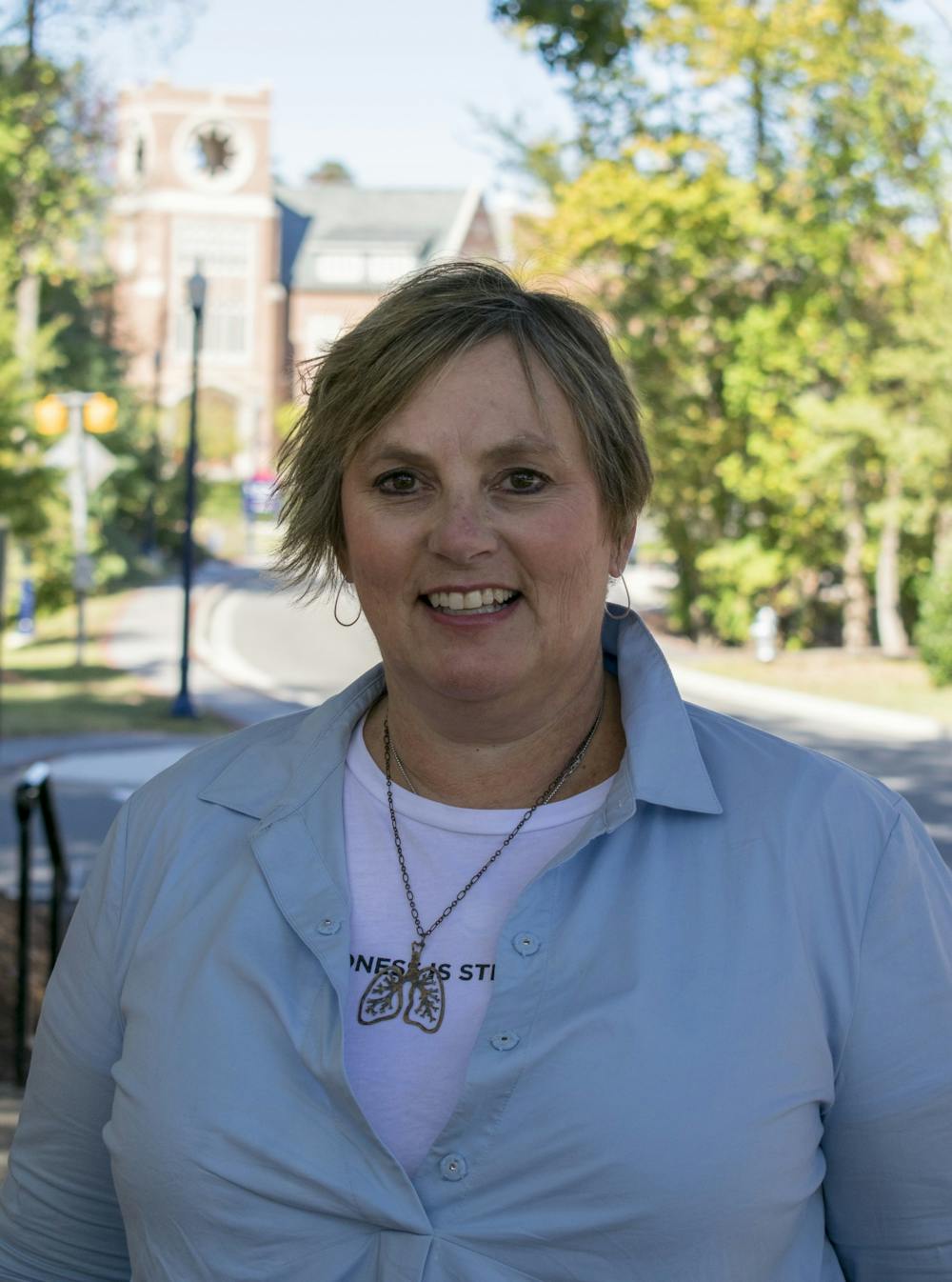The University of Richmond is one of eight universities in Virginia receiving a grant from the state's Department of Behavioral Health to establish programs to tackle substance abuse issues on campus.
UR’s grant, which amounts to $50,000 over a two-year period, is meant to help with the creation of an on-campus collegiate recovery program.
“Collegiate recovery programs are structured supports for students in recovery on college campuses,” said Tom Bannard, director of Virginia Commonwealth University’s CRP, Rams in Recovery.
Bannard explained that CRPs usually include a physical space on campus for students to meet and sometimes live in, staff members who focus on recovery support and various support services such as Alcoholics or Narcotics Anonymous.
Slade Gormus, a registered nurse at UR and founder of the UR Wellness Bandits, is slated to be the head of UR’s CRP initiative.
“Getting grants is a great way to try something because you can kind of use the money to get something started,” Gormus said. “What we asked to use that money for is to start a recovery program on our campus, really thinking about alcohol and other drugs, so that we can be more inclusive and mindful for those people who might be in recovery or starting the recovery process, so that they can continue their education.”
Gormus hopes to use the grant funding to hire a full-time staff member to work on the CRP and eventually wants to convince UR to fund the project on its own, she said.
To get the project off the ground, Gormus is working closely with Bannard and other VCU staff members. VCU’s Rams in Recovery program will serve as the CRP blueprint for the eight colleges and universities that are receiving funding from the state.
Staff members at these schools have monthly meetings with Bannard, along with other VCU staff members, who also conducts site visits, Bannard said.
“It is really an opportunity for us to learn more about what’s going on and how we can help students on our campus,” Gormus said.
UR’s CRP would hopefully create a supportive community for students who are seeking to recover from substance misuse, said Peter LeViness, director of Counseling and Psychological Services at UR.
“All of our addictions have a high risk of relapse but you can minimize it by the supports you put around,” LeViness said.
Enjoy what you're reading?
Signup for our newsletter
In the long-term, should additional funding be secured, Gormus hopes that UR will establish a recovery house for students who are struggling with addiction to live in, mirroring residential recovery houses at schools like VCU. According to Bannard, there are approximately 12 students who are currently living in the VCU recovery hall.
Gormus and Bannard both touched on the need for programming focused on helping students combat substance abuse on campus, citing social pressure and the lack of peer support as significant issues in the way of student recovery.
“I think college is one of the hardest times for someone that’s trying to either stay substance free, cut back or not relapse,” LeViness said. “You’re also away from family and support systems, sometimes for the first time.”
All three administrators said substance abuse issues were among the most widespread problems at colleges, with LeViness mentioning alcohol, marijuana and prescription pills as the most common substances he has seen be abused during his time at UR.
Drawing on his own experience with Rams in Recovery, Bannard relayed how the steady growth of the recovery community is inspiring to see.
“There’s a huge number of folks on campus that are impacted by people with substance abuse disorders, whether that’s a family member or close friend,” Bannard said. “I think our students represent hope for those folks. They show that people are worth investing in.”
Contact contributor Aquila Maliyekkal at aquila.maliyekkal@richmond.edu.
Support independent student media
You can make a tax-deductible donation by clicking the button below, which takes you to our secure PayPal account. The page is set up to receive contributions in whatever amount you designate. We look forward to using the money we raise to further our mission of providing honest and accurate information to students, faculty, staff, alumni and others in the general public.
Donate Now



